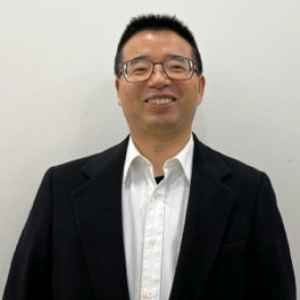Title : A green desulfurization process
Abstract:
Sulfur removal from oil products, such as gasoline and diesel, poses a significant challenge for the oil refinery industry due to stringent government regulations and the complexity of extracting sulfur from crude oils. This has prompted a need for innovative technologies to alleviate this burden. Our research presents a fresh approach to this challenge through the thermal degradation of sulfur-containing organic molecules. Unlike traditional methods reliant on metal oxide catalysts, our approach focuses on the direct degradation of sulfur-containing compounds, facilitating the release of sulfur in various forms, including S8 or sulfur-catenated molecules. This deviation simplifies the sulfur removal process, offering potential cost-effectiveness and environmental benefits. We aim to contribute to developing more efficient and sustainable sulfur removal technologies for the petroleum industry. By providing an alternative pathway for sulfur degradation, we envision our approach playing a pivotal role in meeting stringent sulfur content regulations worldwide. Moreover, by ensuring alignment with regulatory standards, we aim to enhance the competitiveness and viability of the oil refinery sector. Our innovative method offers several advantages over conventional techniques. Firstly, it streamlines the sulfur removal process by eliminating the need for metal oxide catalysts, potentially reducing operational costs and enhancing efficiency. Additionally, direct degradation may result in fewer harmful byproducts, minimizing the environmental impact associated with sulfur removal operations. Furthermore, our approach may facilitate the development of scalable and adaptable sulfur removal technologies tailored to diverse refinery settings and operational requirements. In conclusion, our research provides a promising solution to the ongoing challenge of sulfur removal in the oil refinery industry. By pioneering a novel approach that bypasses reliance on metal oxide catalysts, we aim to revolutionize sulfur removal processes, paving the way for a cleaner, greener, and more sustainable future for the petroleum industry.
Audience Take Away
- Environmental benefits: The direct degradation approach may lead to fewer harmful byproducts, thus reducing the environmental impact of sulfur removal operations.
- Scalability and adaptability: The approach offers opportunities to develop scalable sulfur removal technologies tailored to diverse refinery settings and operational requirements.
- Regulatory compliance: The research helps oil refineries meet regulatory standards and enhance their competitiveness by ensuring alignment with stringent sulfur content regulations.


